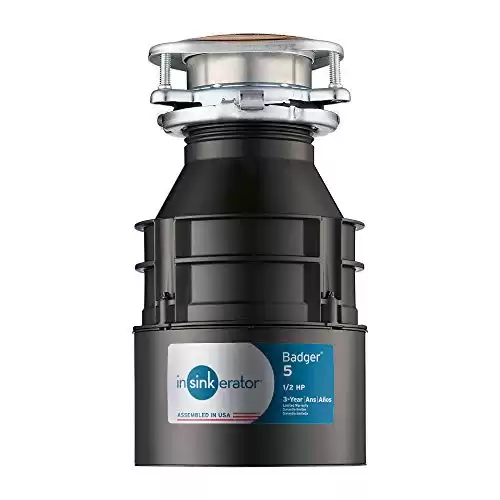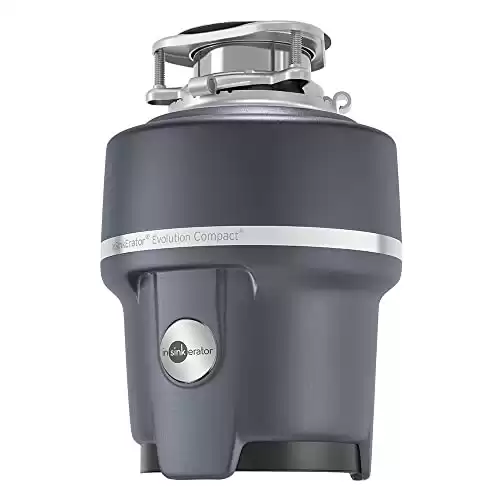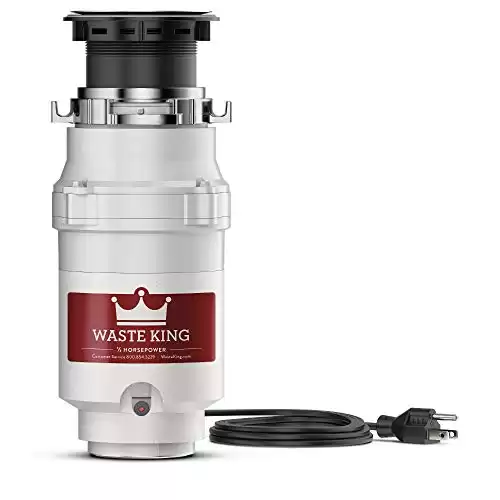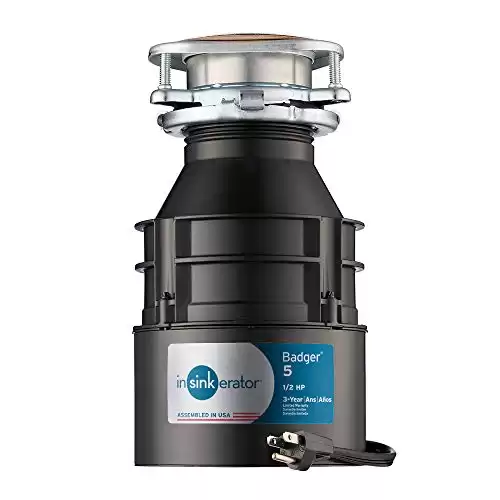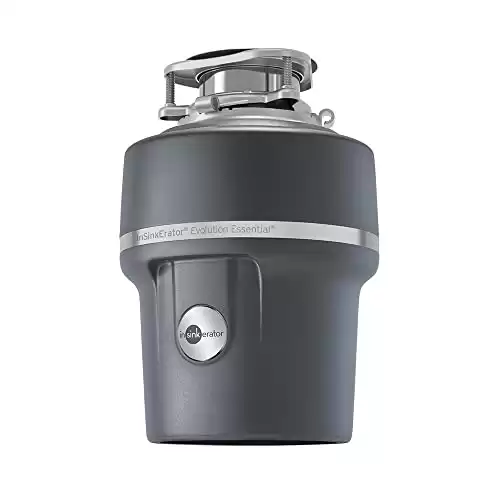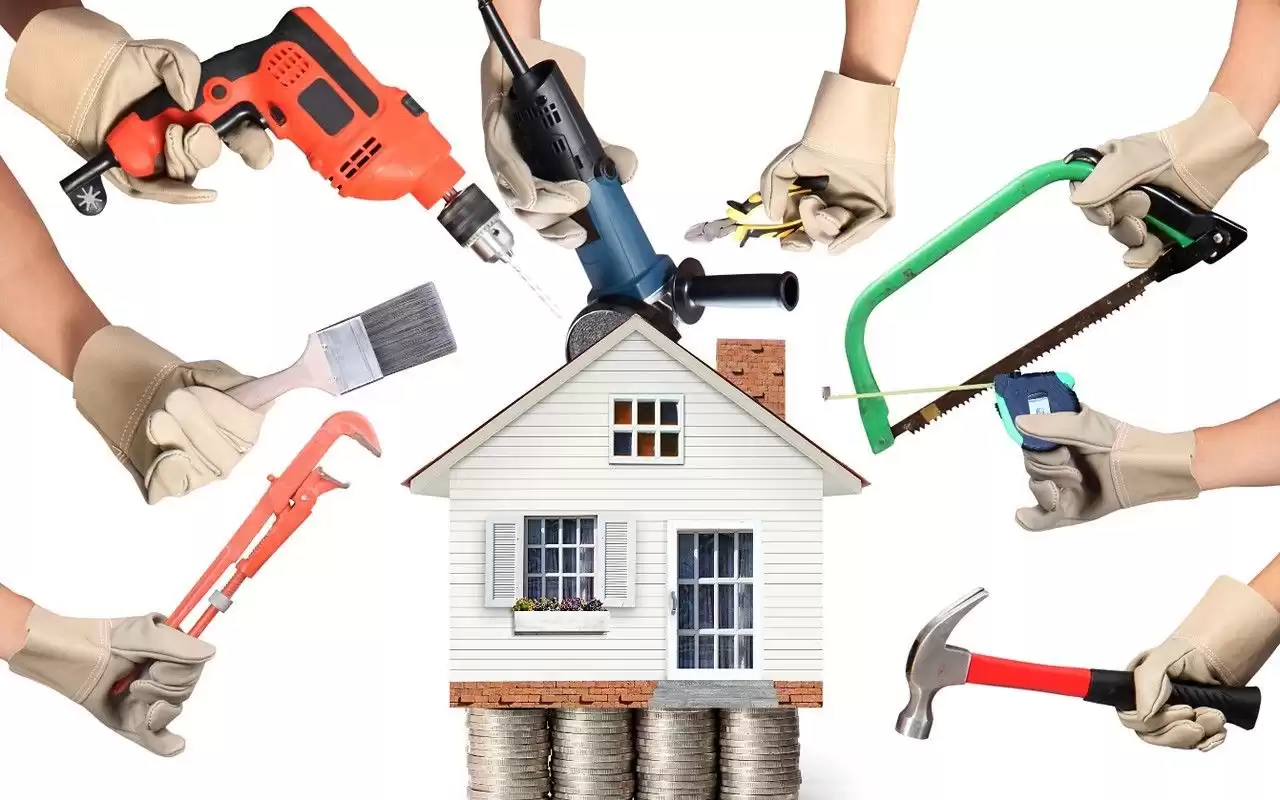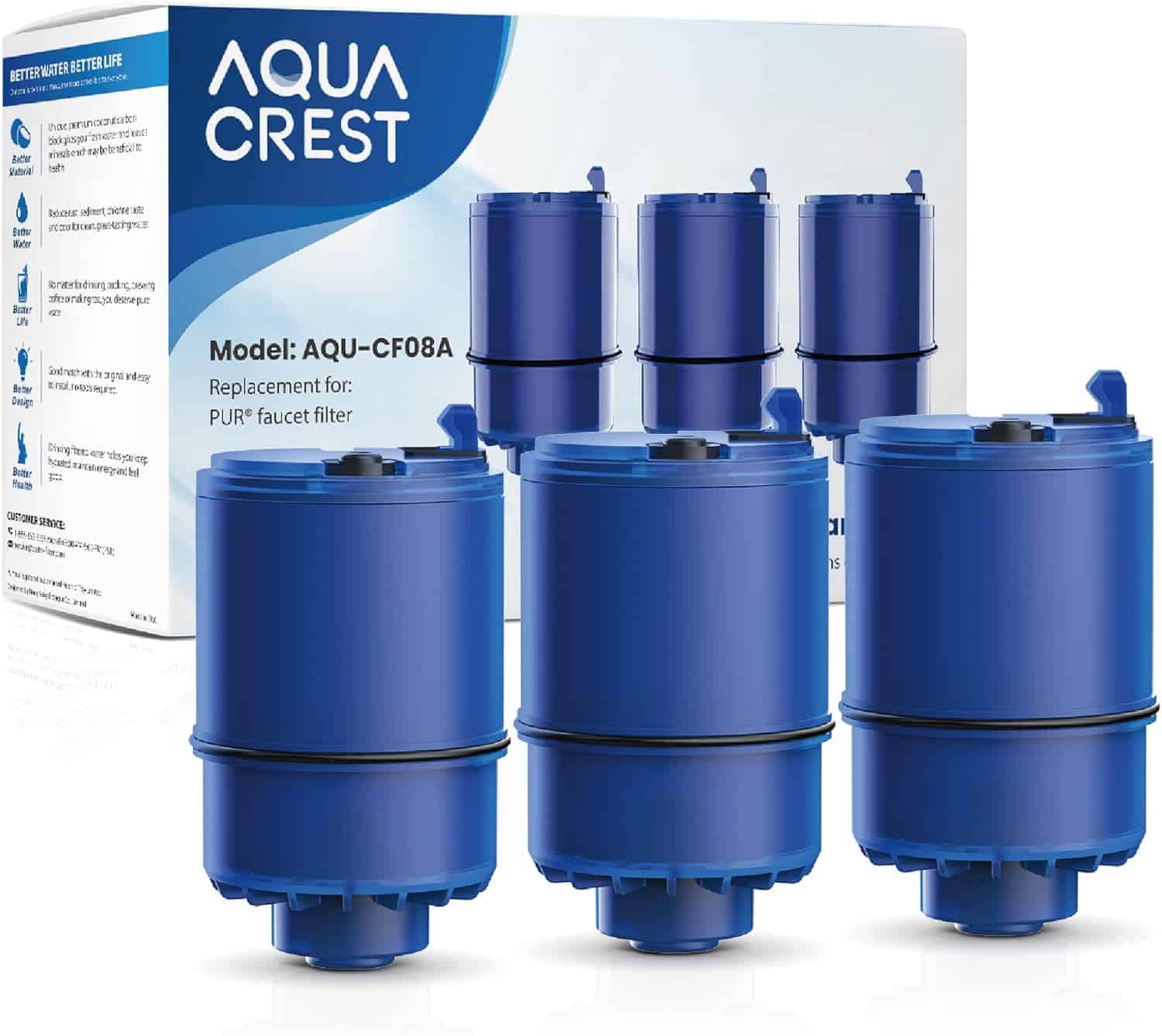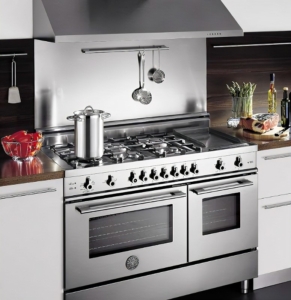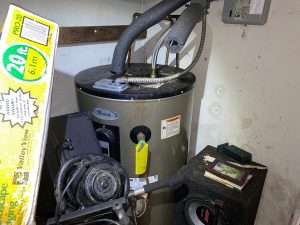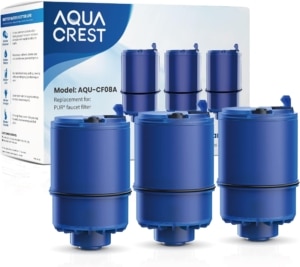Choosing the Right Garbage Disposal: Continuous or Batch Feed?
When it comes to selecting a garbage disposal, it’s crucial to understand the different types available and choose the one that best suits your needs. In this blog post, we will explore two main types of garbage disposals: continuous feed and batch feed. By understanding their features, benefits, and considerations, you’ll be equipped to make an informed decision for your kitchen.
Continuous Feed Garbage Disposals:
Definition and Functionality:
Continuous feed disposals are designed for convenience and continuous waste disposal. They operate by activating a switch or wall-mounted control, allowing you to add food waste while the disposal is running.
Key Features and Benefits:
Continuous feed disposals offer several advantages:
1. Ease of use: Simply flip the switch to activate the disposal while adding waste.
2. Handling large amounts of waste: These disposals can process substantial quantities of food waste at once.
3. Cost-effective: Continuous feed models are widely available and generally more affordable than batch feed options.
Considerations and Limitations:
While continuous feed disposals offer convenience, there are a few considerations to keep in mind:
1. Safety precautions: Due to their continuous operation, exercise caution to avoid accidental activation and potential injuries.
2. Limited control over waste: If you need to dispose of fibrous or hard-to-grind waste, continuous feed disposals may not be as effective.
Batch Feed Garbage Disposals:
Definition and Functionality:
Batch feed disposals operate differently from continuous feed models. They require the use of a stopper or cover to activate the unit, ensuring added safety and control.
Key Features and Benefits:
Batch feed disposals offer specific advantages that may appeal to certain households:
1. Enhanced safety: The need for the stopper or cover minimizes the risk of accidental activation, making them suitable for households with children or safety-conscious individuals.
2. Control over waste disposal: With batch feed disposals, you can load and process waste in batches, allowing better control over the amount being disposed of.
Considerations and Limitations:
While batch feed disposals offer safety and control, there are a few considerations to take into account:
1. Potentially slower operation: Loading and removing waste in batches may result in slightly slower operation compared to continuous feed disposals.
2. Higher cost: Batch feed disposals are generally more expensive than continuous feed models due to their added safety features and less widespread availability.
Choosing the Right Garbage Disposal Type for Your Needs:
Factors to Consider:
When deciding between continuous feed and batch feed garbage disposals, consider the following:
1. Household size and waste generation: Evaluate how much waste your household produces on a regular basis.
2. Safety concerns: Determine whether added safety features are a priority for you, especially if you have young children.
3. Budget and availability: Assess your budget and the availability of different models in your area.
Comparison and Decision-Making:
Take the time to weigh the pros and cons of each type and consider your specific needs, preferences, and priorities. Take into account noise reduction features, motor power, and other factors that might influence your decision.
Additional Tips and Considerations:
A. Noise reduction features and technologies: If noise levels are a concern, look for garbage disposals that incorporate sound baffles or other noise reduction technologies.
B. Maintenance and cleaning guidelines: Follow manufacturer recommendations for cleaning and maintaining your chosen disposal to ensure optimal performance and longevity.
C. Professional installation or DIY considerations: Evaluate whether you are comfortable with the installation process or if it’s best to hire a professional plumber to ensure proper installation.
The cost of garbage disposals can vary depending on various factors, including the type, brand, features, and power rating. Here’s a general price range for different types of garbage disposals:
1. Continuous Feed Garbage Disposals:
– Entry-level models: $80 to $150
– Mid-range models: $150 to $300
– High-end models: $300 to $500+
2. Batch Feed Garbage Disposals:
– Entry-level models: $150 to $250
– Mid-range models: $250 to $400
– High-end models: $400 to $700+
It’s important to note that these are estimated price ranges, and actual prices may vary depending on factors such as the specific brand, model, and any additional features or technologies included. Prices may also be influenced by geographical location and local market conditions. It’s recommended to research different brands and models, check with local retailers or online marketplaces, and compare prices to find the best option within your budget.
| Product Image | Product Name / Price | Primary Button |
|---|---|---|
Frequently asked questions (FAQs) about garbage disposals:
1. FAQ: How does a garbage disposal work?
Answer: A garbage disposal grinds food waste into small particles using rotating blades, which are then flushed away with water through the plumbing system.
2. FAQ: What can I put in a garbage disposal?
Answer: Most organic food waste is safe to put in a garbage disposal, including fruit and vegetable peels, cooked leftovers, and small bones. However, avoid fibrous or hard materials like corn husks or large bones.
3. FAQ: How long does a garbage disposal last?
Answer: On average, a well-maintained garbage disposal can last between 8 to 15 years, depending on usage and quality.
4. FAQ: Can I use a garbage disposal if I have a septic system?
Answer: Yes, many garbage disposals are designed to be septic-safe. Look for models specifically labeled as compatible with septic systems.
5. FAQ: Is it normal for a garbage disposal to be noisy?
Answer: Some noise is normal, but excessive grinding or banging noises may indicate a problem. Check for any loose or damaged parts and consider using noise-reducing models.
6. FAQ: Can I install a garbage disposal myself?
Answer: If you have basic plumbing skills, installing a garbage disposal can be a DIY project. However, if you’re unsure, it’s best to hire a professional plumber for proper installation.
7. FAQ: Can a garbage disposal handle grease and oil?
Answer: It’s best to avoid putting large amounts of grease or oil down a garbage disposal as they can solidify and cause clogs. Dispose of them in a separate container or through proper disposal methods.
8. FAQ: Can I use the garbage disposal to dispose of non-food items?
Answer: No, garbage disposals are designed for food waste only. Non-food items can damage the unit and cause clogs. Properly dispose of non-food waste in appropriate containers or recycling systems.
9. FAQ: How can I maintain and clean my garbage disposal?
Answer: Regular maintenance includes running cold water while using the disposal, cleaning it with mild dish soap and a brush, and periodically grinding ice cubes or citrus peels to freshen it up.
10. FAQ: What should I do if my garbage disposal gets clogged?
Answer: If your disposal gets clogged, first turn off the power. Then use pliers or tongs to remove any visible debris. If the clog persists, use a disposal wrench or consult a professional plumber for assistance.
Remember, these answers are general guidelines, and it’s always recommended to consult your specific garbage disposal’s manual or a professional for more accurate and detailed information based on your unit’s make and model.
By understanding the differences between continuous feed and batch feed garbage disposals, you can make an informed decision that aligns with your needs and priorities. Continuous feed disposals offer convenience and the ability to handle larger amounts of waste, while batch feed disposals provide enhanced safety and control. Consider factors such as household size, safety concerns, and budget when making your choice. Remember to research specific brands, read customer reviews, and consult professionals if needed to ensure you select the right garbage disposal for your kitchen.


